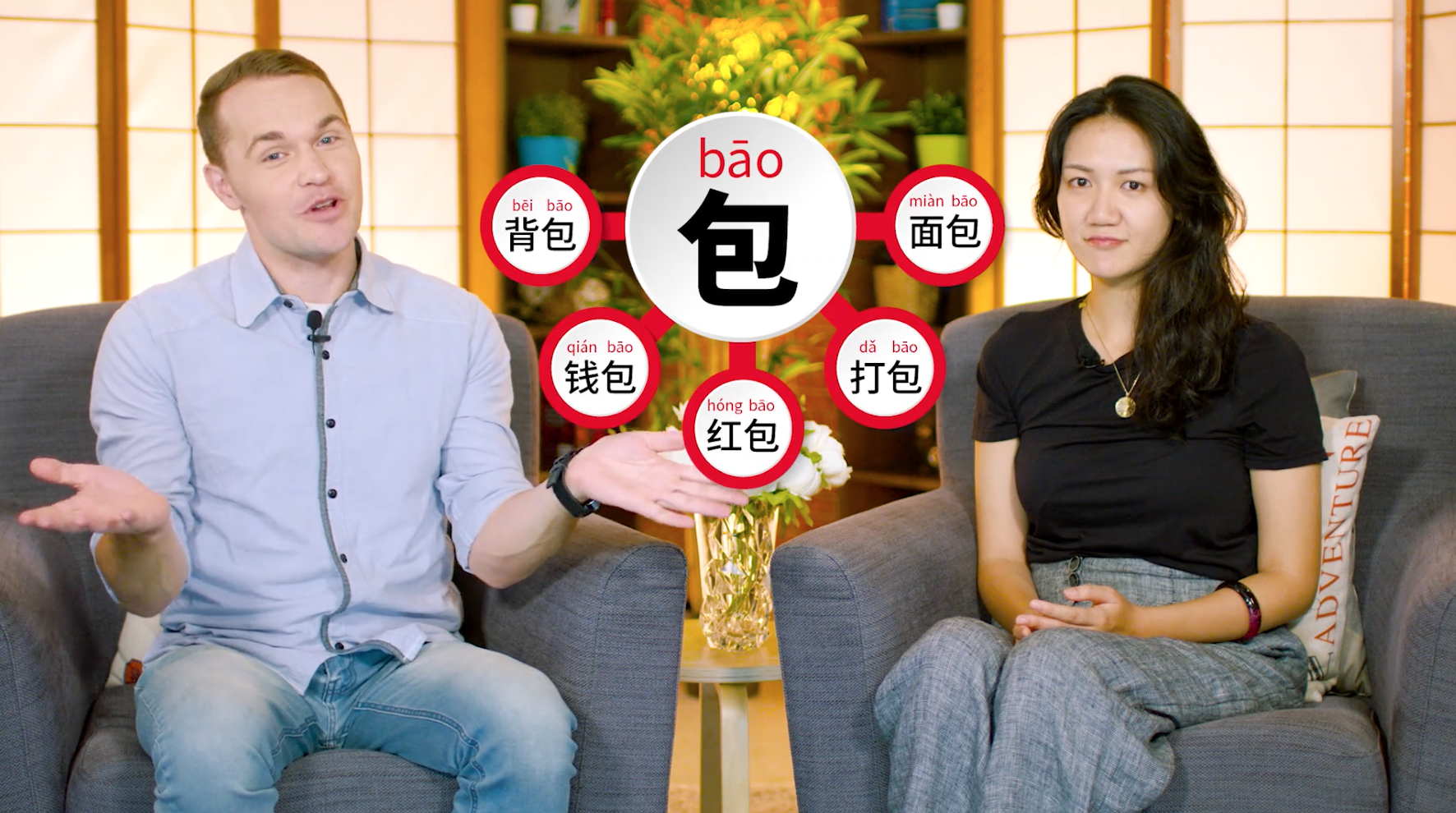Relevant Content
We'll always make sure you know exactly what the lesson is about. You
will easily understand whether it is relevant for you.
丁克: Dual Income, No Kids
Great Hosts
Here at ChinesePod, all our lessons are presented in an entertaining
manner by our great hosts. You'll find language learners, teachers,
and even professors sharing their insights, ideas, and teaching
methods in our video and audio lessons.
Brief Lesson Summaries
A brief introduction of the lesson will always tell you what this
lesson is about and what language level is the intended target. If
you're interested in the subject, but might not be able to understand
it in full, fear not; we have transcripts of lesson dialogues
vocabulary so you can follow along.
IN THIS LESSON
ID: 3032 Upper Intermediate
DINK is an acronym that stands for "Dual Income, No Kids". It describes a couple who do have double income and do not have children. Listen to how this choice is perceived in Chinese culture.
Thu Feb 16 2017 | Constance Fang, Fiona Tian
Awesome Materials
Our lessons contain natural communication in Chinese
in video and audio format. We have have lessons focused on video or a
podcast format and our lessons have transcripts of Lesson Dialogues,
Important Vocabulary, Expanded Materials for a deep dive into the
lesson topic and Exercises focused on testing your retention.
Detailed Vocabulary
Each lesson has it's unique vocabulary and will provide you with
definitions and recordings so you can practice the pronunciation. You
will also be able to grasp the core material of a lesson at a glance.
Here we're showing you the Simplified Chinese version.
| SIMPLIFIED | PINYIN | ENGLISH | |
|---|---|---|---|
| 归宿 | guīsù | to make a home for oneself | |
| 打酱油 | dǎ jiàngyóu | to be old enough to go to the shop oneself (of a child) | |
| 迟迟 | chíchí | to be late | |
| 丁克 | dīngkè | DINK (double income no kids) |
昨天参加了小明的婚礼,这下子,我们大学室友算是都有归宿咯。
zuótiān cānjiā le Xiǎo Míng de hūnlǐ ,zhèxiàzi ,wǒmen dàxué shìyǒu suàn shì dōu yǒu guīsù lo 。
Yesterday I went to Xiaoming's wedding. So now, all of our old university roommates have gotten married.
不过他结婚也真够晚的,人家早的,小孩可都会打酱油了。
bùguò tā jiéhūn yě zhēn gòu wǎn de ,rénjiā zǎo de ,xiǎohái kě dōuhuì dǎjiàngyóu le 。
But he really married very late, didn't he? The children of the ones who married the earliest are all old enough to go to the shops by themselves now.
他和他女朋友已经谈了好多年了,两家人一直因为小孩的问题才迟迟没结婚的。
tā hé tā nǚpéngyou yǐjīng tán le hǎo duō nián le ,liǎng jiā rén yīzhí yīnwèi xiǎohái de wèntí cái chíchí méi jiéhūn de 。
He has been with his girlfriend for several years now, but because of the issue with children it's only now that the two families agreed on the marriage.
小孩的问题?什么意思?
xiǎohái de wèntí ?shénme yìsi ?
Issue with children? What does that mean?
Natural Dialogues
Each lesson is centered around a natural dialogue with key vocabulary
directly prepared and translated for your use. You can also
listen to each sentence as an individual recording to
improve your listening and comprehension skills.
Try It For Free
ChinesePod is 100% Free to Try. Create an account
today and get started!
Sign Up
Please enter a valid email.
- or -
Sign up with

